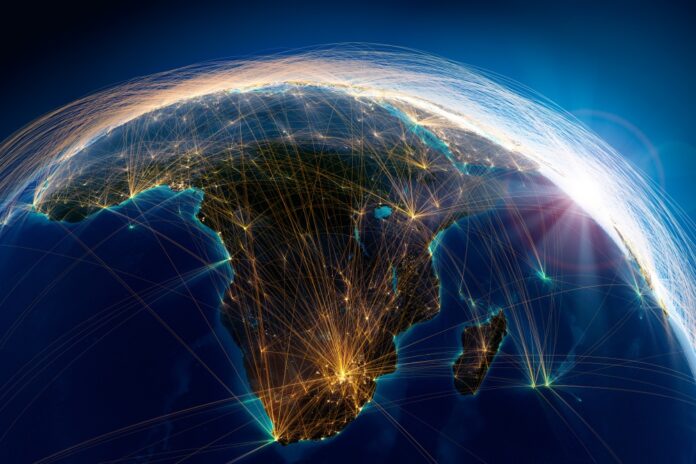It’s got 2m subscribers, $300m in funding and Nokia
Africell, the US-funded entrant to the Angolan mobile market, has already overtaken Movicel to move into second place. The news was unwittingly broken by US Deputy Secretary of State Wendy Sherman who, according to Agence France-Press, concluded a multi-country African tour, with an online briefing on the only US-backed mobile operator in Africa.
“This is a company that has been in business for one month and has 2 million subscribers. They are going to bring capability to everybody in Angola,” said Sherman. If the figures presented by Sherman are correct, Africell is now the second biggest mobile operator in Angola. Africell is funded by the US International Development Finance Corporation.
There is plenty of room for growth in this developing economy. Mobile penetration is relatively low, by African standards, in Angola. Around 47% of the population had a mobile at the end of 2021, roughly half the African average, which is around 90%. Angola had 14.91 million mobile subscriptions at the end of 2021, up from 14.65 million twelve months earlier.
As a pan-African telecom group Africell has hit the ground running, according to Pete Bell’s blog for telecoms research firm TeleGeography. It broke Angola’s long-standing mobile market duopoly with its launch in April.
Angola’s mobile sector is dominated by Unitel, which is backed by state-owned oil company Sonangol. At the end of 2021, Unitel had roughly 90% of all subscriptions. Before Africell arrived, its only competition came from Movicel, whose main shareholders include GAFP Investimentos e Participacoes and Angola’s national social security body, INSS.
Movicel had 25% of the market in 2016 but its share fell back to 10% in five years. The state-owned fixed line incumbent Angola Telecom (AT) holds a Unified Global license covering all mobile/fixed voice/data/TV services but has not pursued its plan to enter the mobile sector. A pact with Egyptian-backed firm Angorascom in November 2019 offered AT a route into the market, but the partnership was abandoned seven months later. AT has an 18% interest in Movicel.
In July 2019, the Lebanese/US-backed group Africell promised access to $300 million in funding to enter the Angolan market. The UK-headquartered group had a track record in Gambia, Sierra Leone and the Democratic Republic of Congo. Africell also had a mobile network in Uganda, but ceased operations in late 2021.
In March Africell was revealed as the sole remaining bidder for Angola’s fourth unified communications license. The group was invited by the government to submit a formal financial and technical proposal.
On July 6, 2020, the Ministry of Telecommunications, Information Technology and Social Communication (Ministerio das Telecomunicacoes, Tecnologias de Informacao e Comunicacao Social) confirmed Africell’s selection. However, protracted negotiations over license conditions meant that final contracts were only signed in February, 2021.
Africell initially set a mid-2021 target for its entry into the mobile market, but its commercial launch was delayed to December 2021, then bumped back to April 2022. Africell’s failure to negotiate an interconnect contract with Unitel was a sticking point.
Africell launched its first commercial mobile service in the capital, Luanda, on April 7, 2022. Its initial service range included free on-net calls and mobile data bundles, at “up to 50% cheaper” prices than rivals, it claimed. Unitel and Movicel responded by introducing their own tariff promotions.
As the upstart’s network rolled out across Luanda, it beat its planned deadlines for expansion. Within eight years it plans to cover at least 60% of urban zones, building a 5G-ready network with equipment Nokia.


